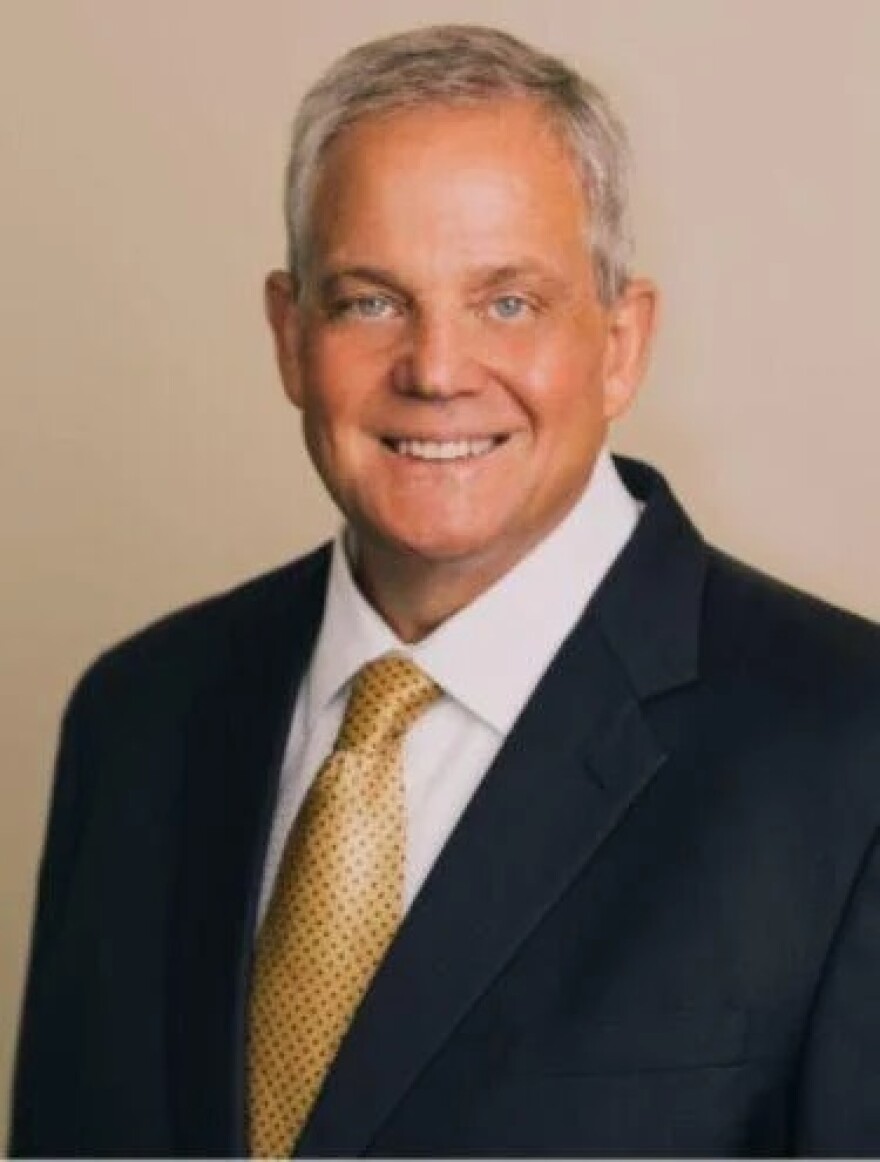Marshall Criser, a former business executive who has served as chancellor of Florida’s university system since 2014, will step down at the end of the year.
Criser made the announcement Thursday during a meeting of the university system’s Board of Governors in Orlando. He said he had not charted a “next step, but it is time to get started.”
Speculation began this month that Criser might leave the post after state Sen. Ray Rodrigues, R-Estero, announced he would not run for re-election to the Senate. The speculation involved Rodrigues possibly replacing Criser or becoming president of Florida Gulf Coast University. It was not immediately clear Thursday how the Board of Governors will replace Criser.
Members of the board praised Criser for what Chairman Brian Lamb described as “historic results” during the chancellor’s tenure. Lamb pointed to issues such as gains in student graduation and retention rates and increased operating and research money flowing into the system.
"Great leaders ensure we are well-positioned for success, so we do not go backwards,” Lamb said in a prepared statement after the meeting. “The impressive achievements across the system largely evidence Marshall's extensive efforts during his tenure over the last eight years."
Board member Charlie Lydecker also cited the role of Criser and former board Chairman Syd Kitson in guiding the university system during the early stages of the COVID-19 pandemic. University campuses shut down in spring 2020 to try to prevent the spread of the then-new virus and subsequently went through a complicated process of reopening.

Criser made the announcement by saying he will not ask the board to renew his contract after it ends in December. He and Lamb embraced after the announcement and a discussion by the board.
The planned departure comes at something of a time of transition at high levels of the university system.
Florida State University and the University of South Florida have added new presidents during the past year, and the Board of Governors on Thursday confirmed Moez Limayem to take over as University of North Florida president effective Aug. 1.
Meanwhile, the University of Florida, Florida International University and Florida Gulf Coast University are conducting searches for new presidents, and Florida Atlantic University President John Kelly announced last week he plans to step down.
Before being appointed chancellor, Criser served as president of AT&T Florida and held positions such as chairman of the Florida Chamber of Commerce and member of the board of trustees at the University of Florida, his alma mater. His father and namesake served as president of the University of Florida from 1984 to 1989.
Board of Governors member Alan Levine, who received bachelor’s and master’s degrees from the University of Florida, pointed Thursday to the UF ties but also praised the outgoing chancellor’s role in leading the entire system.
“His blood isn’t just orange and blue,” Levine said. “He bleeds the colors of every one of our state universities.”
Criser’s contract shows he is paid $412,000 a year: $200,000 from state funds and $212,000 from the Board of Governors Foundation. He’s also eligible for a bonus of up to 15 percent of his annual salary and gets a $55,000 yearly housing and vehicle expense allowance.
City & State Florida Editor-in-Chief James Rosica contributed to this report.


